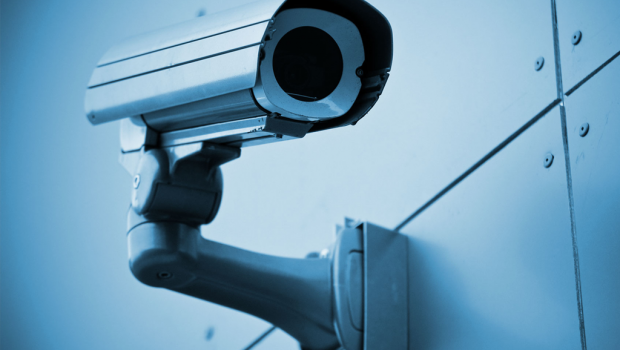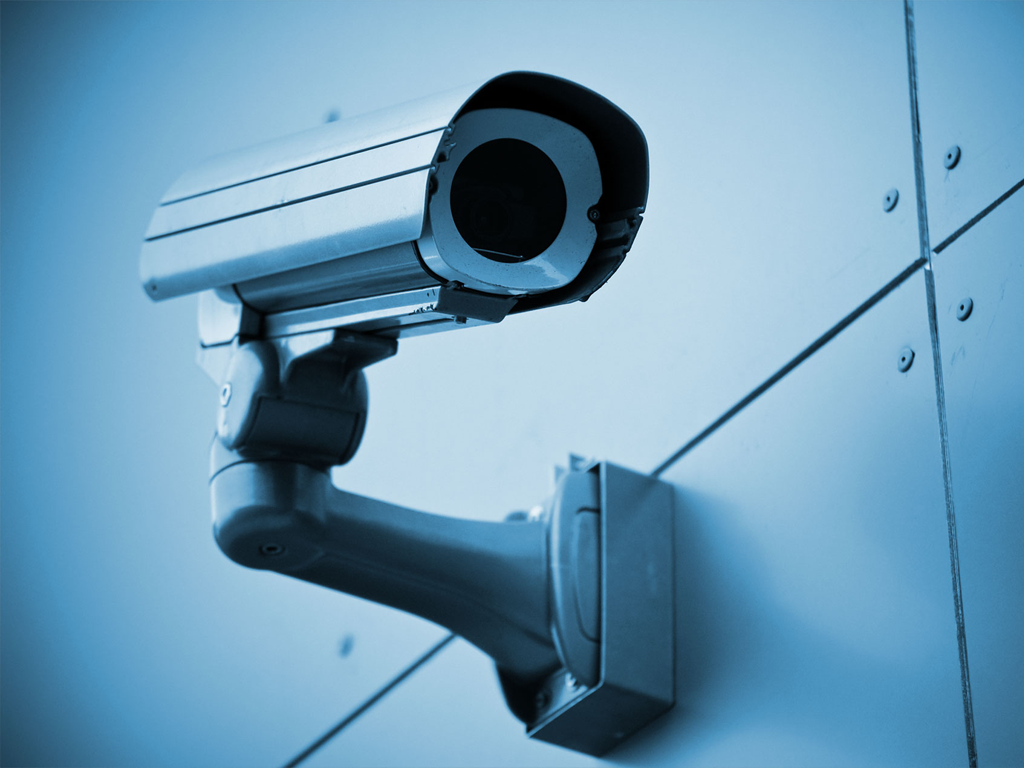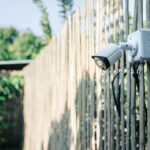5 Factors to Choose a Security Camera Lens
There are multifarious complexities that come along with a security system, which makes it extremely difficult to understand. Things like cameras, DVRs, monitors, and accessories; everything affects the quality of the overall recorded image or video. However, the most pertinent among the mentioned ones is the camera. So, today we would take up camera into consideration.
When you are looking up for the video surveillance cameras, you need to understand that the lens of a camera plays a very vital role in the type of video quality you are aiming for. And, there are certain factors you need to know when you are searching for a good lens security camera.
Following are the factors, which will come in handy while choosing a camera lens:
1. Focal length and field of vision
The very first feature that should be considered while selecting a camera lens is its focal length. The range and field of vision are determined by the focal length of the camera. The fundamental rule to bear in mind is that larger the focal length, narrower will be the field of vision and vice versa. To capture images in a 20-foot-wide field, a 2.8 mm lens would be ideal. On the contrary, a 12mm lens can grab a clearer image of an object which is farther away. A lens with a focal length around 8mm would split the difference between the two extremes.
2. Aperture
It is the unit of measurement that defines the size of the hole through which light passes and enters the camera. F-stop is used to measure the size of the aperture. A lower F-stop number would mean a wider aperture which further means that more light is allowed to pass through the camera.
Aperture affects the depth of the field. A more focused object is captured when the number of F-stop is higher and has a narrower aperture, whereas objects viewed with a wider aperture may appear blurry.
3. Iris
It is the Iris that determines what amount of light should pass through the lens’ aperture. There are two variations of iris, manual and auto. A manual iris is a very good deal for indoor conditions as it allows only a fixed amount of light to pass through the aperture with little to no lighting variance. An auto iris lens is required where there is fluctuation in the lighting levels, for instance, in the outdoors. As the name implies, the auto lens senses and adjusts automatically to accommodate the different levels of brightness.
4. Image Format
When aiming to maximize image quality, it is imperative that a lens should match to its paired camera. Every security camera has an image sensor installed inside them. Basically, its function it to take the captured light, convert it into electrons and assemble them, hence, resulting into a visible image. For recording objects, these little procedures are important.
Image sensors are distinguished by their type, listed as a fraction of an inch. The field of view and the fraction are directly proportional to each other, i.e. larger the fraction, the larger is the field of view available. Every lens has a maximum inch image sensor with which it is compatible. When you are in a procedure of pairing a lens with a camera, it is imperative to know that the lens’ image sensor compatibility should be of the same size or bigger than that of the camera.
5. Three different lenses
Lenses can be classified into three different categories, i.e. Monofocal, Varifocal, and Zoom. Out of these three, monofocal is low-priced and the most basic one. These lenses have a fixed focal length allowing them to focus only on objects at a specific distance.
Coming to the Varifocal, it has a focal length range that the user can manually adjust to alter the range of vision. Now the third category, i.e. Zoom. They are the most expensive amongst all. Similar to Varifocal as they also have an adaptable focal length range, however, varies from them in a way that they can be adjusted. The lenses belonging to Zoom classification can adjust automatically rather than have to be done manually.
Hope the above-mentioned information would help you in making the right decision.
Author Bio:
Ted Yu is a gadget wizard, an active blogger, and an eminent speaker. With more than 10 years of experience to his credit, Ted has always been a pertinent contributor to the security industry. He is sharing these business security tips on behalf of Revo America, a well renowned security products manufacturer and retailer.










![A Visual Lesson on Eight Business Models [Infographic]](https://technofaq.org/wp-content/uploads/2017/05/One-Cow-Describes-Eight-Business-Models-150x150.png)





